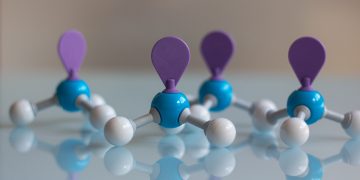Carbon War Room welcomes IMO to mandate energy efficiency ratings
New standards will save the industry more than 220 mill tonnes of CO2 The NGO Carbon War Room (CWR) said that it welcomed the IMOs announcement to mandate energy efficiency ratings for the international shipping fleet.The CWR said that the IMO resolution signals a key shift in the regulatory landscape of shipping, which has hitherto not required, even at the national level, any improvement in the sectors footprint, currently growing at between 3% and 4% a year.Peter Boyd, Carbon War Room COO, said: The IMO has an outstanding record in developing international agreements on safety and has drawn on this to make the first steps towards reducing the industrys carbon footprint. We applaud the work of the secretariat here in finding agreement in the international climate change debate.The CWR said that it had consistently argued that widely available energy efficiency ratings offer a proven means of instituting best practice design in energy-intensive applications.In December 2010, the organisation launched shippingefficiency.org , which made energy efficiency ratings for the 60,000-strong oceangoing fleet freely available for the first time, using the IMO-developed methodology.Peter Boyd added: There is a $70 bill subsidy for environmental improvement in shipping, called fuel savings from more efficient vessels. ...
Read more






















































